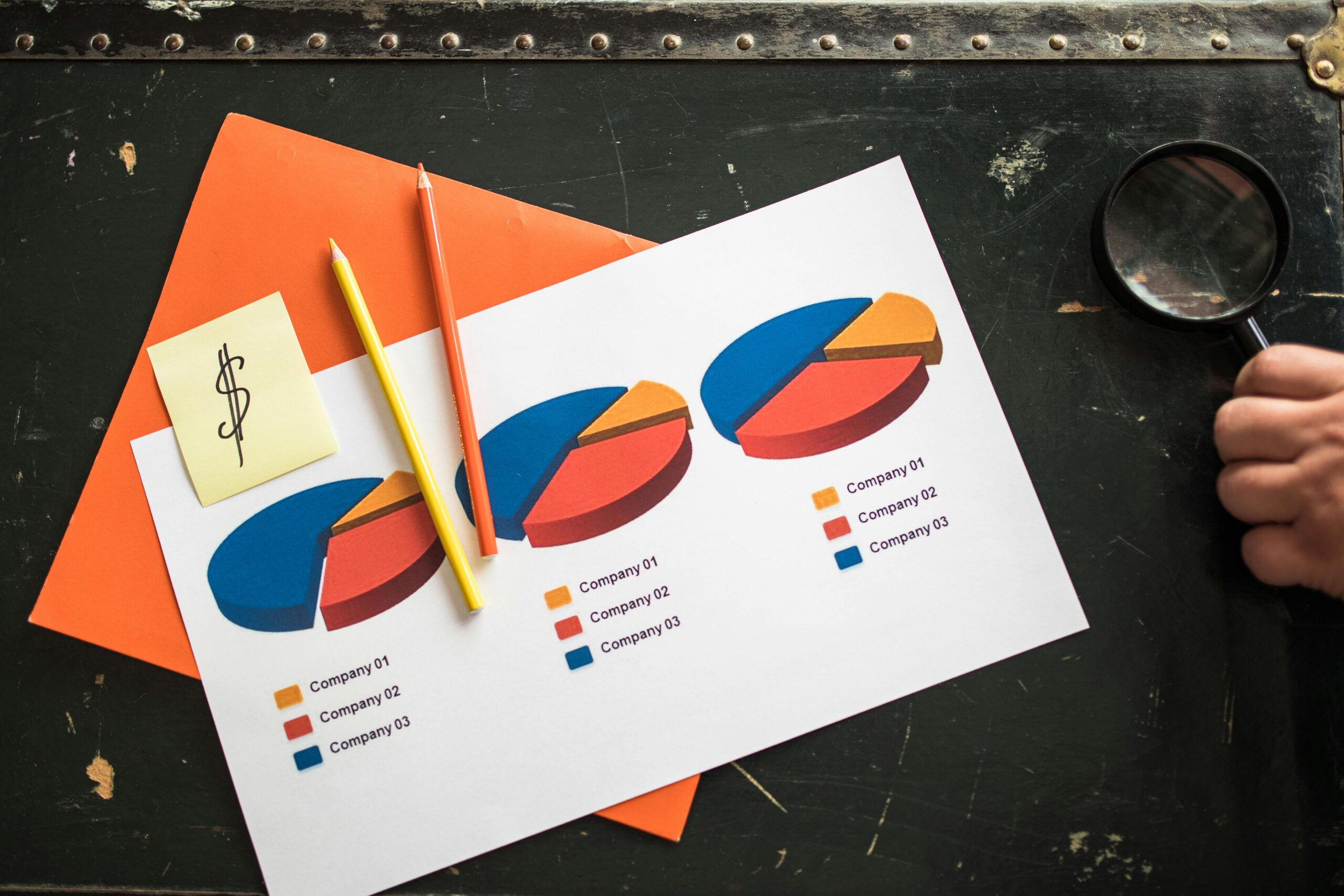Let’s get the idea that will enrage most people out of the way first. When it comes to long term investing (and there is no other kind) our simple rule is; All Equities – all the Time! To be fair, this is not literal. I do keep a fair amount of cash on hand (about 3% of net worth in my case.) But when I consider the optimal allocation on invested funds (savings are not investments) the target Equity/Bond split is simply (100%/0%).
There are a number of ways to present this case. A convenient one is to deal with a few very common critiques in turn.
- As you age, the portfolio needs to become more conservative.
There are 2 points here. First, moving to bonds is not more conservative because it is more likely to fail. Second, my planning horizon never gets shorter. When I was in my 20’s it was the next 40 years of my working life. After I had children in my 30’s it became when they will retire 50 years from then. Now, it is the retirement age of my grandchildren. We always find an excuse to behave cowardly when we only focus on ourselves, and find ways to behave courageously when we focus on those that follow.
- 2. Gold is the best hedge against inflation, and since inflation is so high now, you have to have some.
In January of 1980 gold sold for $800 an ounce. Today it is a little over $2500. This is an increase by a factor of roughly 3.1. Over that same timespan, the CPI rose from 78 to 315, which is a multiple of about 4. The S&P 500 index rose from 115 to 5,667, which is a multiple of about 49. If the S&P 500 index fell by 85% it would still be twice as good as gold. In addition, the storage cost of an index fund is virtually 0 and the transaction cost to liquidate it is equally close to nothing. On the other hand, the storage costs with gold are above 0, and the transaction cost is also positive, but I will ignore that for now. By the way, I have ignored the dividends paid by equities over that period. If I had included that, the difference would be so great, you probably wouldn’t even believe me. Case closed.
3. Bonds are the smart buy because the variance of returns is lower.
Technically, this is certainly true. 5% plus or minus 4% includes a much lower variance than 12% plus or minus 20%. But you ignore three added facts. First, as Jeremy Seigel has argued for 40 years of so, the evidence is compelling that equity values are mean-reverting, while bond returns are not. Thus, if you are a long term investor, stocks are safer. Second, and much more simply, ask yourself this question. Why is this company borrowing money from me, when they can get it much quicker and easier from the bank? The answer is obvious – because they get a better deal from you. The company is borrowing money because they believe that they will earn a better return on those funds. I don’t buy the interest, I buy the return by owning the firm that borrows the money instead of providing money for the firm to borrow.
4. Real assets like land, and commodities have to be more secure
More secure than what, exactly? Human ingenuity is what I am ultimately betting on. Let ne repeat that. Human ingenuity is what I am ultimately betting on. I don’t own “the market.” I own pieces of companies in which humans do everything in their power to react to whatever the world throws at them. I can buy gold or I can buy part of a company that mines gold. If the price of gold rises, the value of that company also rises. However, if that company figures out a way to hedge its gold price exposure (and it surely will) I get that benefit as well. In other words, I get appreciation based on the price of gold along with an additional value from human creativity finding ways to be profitable even when the price of gold drops. I can say the same thing about any commodity that has any commercial application.
5. The world is too uncertain. I need a guarantee.
Let me counter this with a simple question. If the price of a company never went down, why would an efficient market produce more than a risk-free return? I am not saying that the downside moves don’t get in the way of your profits. I am saying that they are the cause of your profits. You are being paid to accept the risk. It is your job. If it were easy, the world would not pay you to do it. But at the same time it’s the easiest job I could find. I don’t have to figure out how to take advantage of changes in the world. I have Directors, Managers, and millions of Employees to do that for me. Again – I am not buying “the market”. I am buying the services of millions of the brightest, hardest working, most focused people on the planet. They are not focused on anything other than finding ways to leverage every change that occurs to increase earnings and profits. I own companies – not a market. There is no guarantee, but I promise that smart, hard working people are more likely to find a way grow profits, than my government will ever be.
6. The [Fill in the blank] party is a bunch of nuts, and they will ruin the country.
OK, you have a point here. Only a nut can truly believe that the world is better off when he has ultimate power. But let’s consider the track record for a second. Since 1948 we have had 6 periods with a Democrat in the White House, and 6 periods with a Republican. If you invested $10,000 in 1961 and left it in the market only while Republicans were in office you would have $102,293 today. If you had kept it in the market only while Democrats were in office you would have $500,476 today. But if you left it invested through both sets of administrations you would have $5,119,520 today. (This data is from the Schwab Center for Financial Research.) And if they do ruin the country, that doesn’t change the fact that the returns on equities will still have a risk premium and will result in them outperforming bonds as long as your horizon is long enough.
I can go on, but I suspect you get the point. For a long term (50 years or more) investor, I have yet to find a good reason to alter my simple rule. All equities, all the time.



